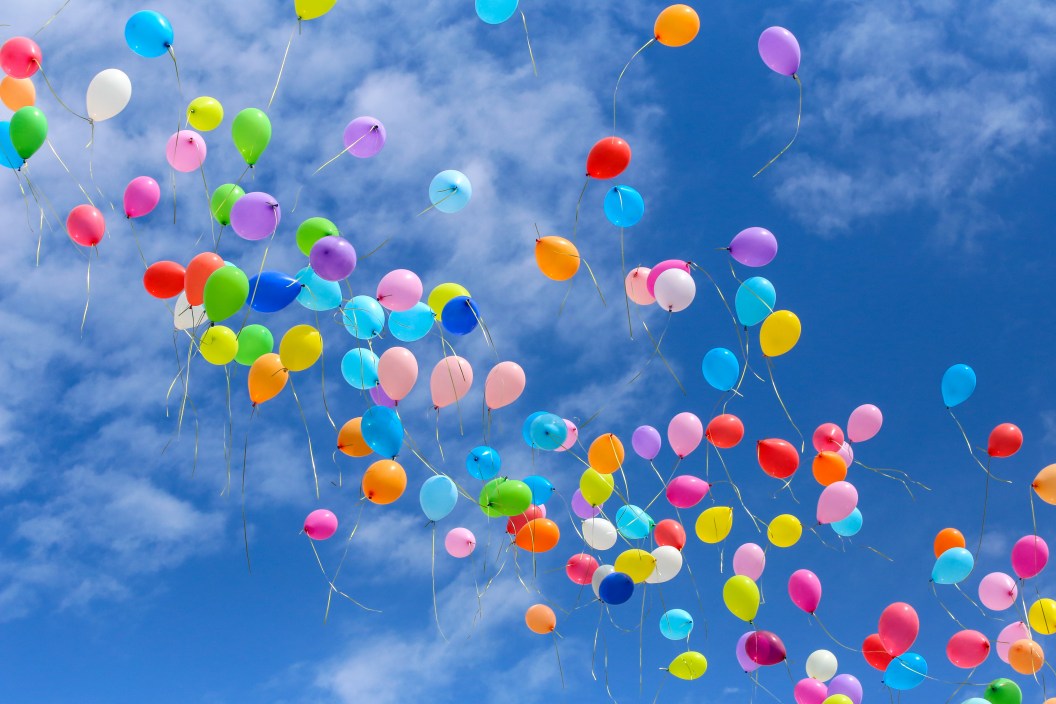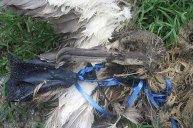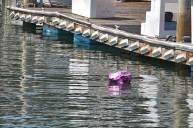Balloon releases, which have long been used to end celebrations, are facing new restrictions in Florida. The state House has passed a bill, CS/HB 321, aiming to curb the environmental impact of these airborne tributes.
The issue at hand is the journey of balloons post-release. They inevitably return to the ground or water, turning into litter and posing a significant threat to wildlife. The bill points out a particularly upsetting example: turtles often mistake burst balloons for jellyfish, leading to harmful—and potentially fatal—ingestion. Balloons also take years to break down, leaving their mark on whatever environment they land on for many years to come, adding to plastic pollution in our waterways and national parks.
But it's not just the balloons themselves causing problems. They're usually released with ribbons or strings, which can become entangled around birds and other animals, making them unable to move.
Florida already has a regulation against releasing more than 10 balloons, which carries a fine of $250. The new legislation aligns these penalties with the state's broader litter laws, potentially escalating to third-degree felonies depending on the severity of the offense.
Don't worry if your child decides to see what happens if they let go of their balloon string; the bill exempts children aged six and under from penalties if they accidentally release a balloon. However, the bill is more stringent in other areas. It removes exemptions for biodegradable and photodegradable balloons and closes a loophole that previously allowed individuals to seek court permission for releasing 10 or more balloons.
The final decision now rests with Governor DeSantis. Should he sign it, the law will come into effect on July 1, 2024.




